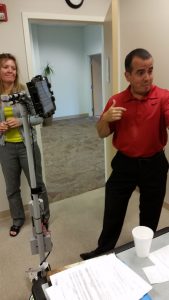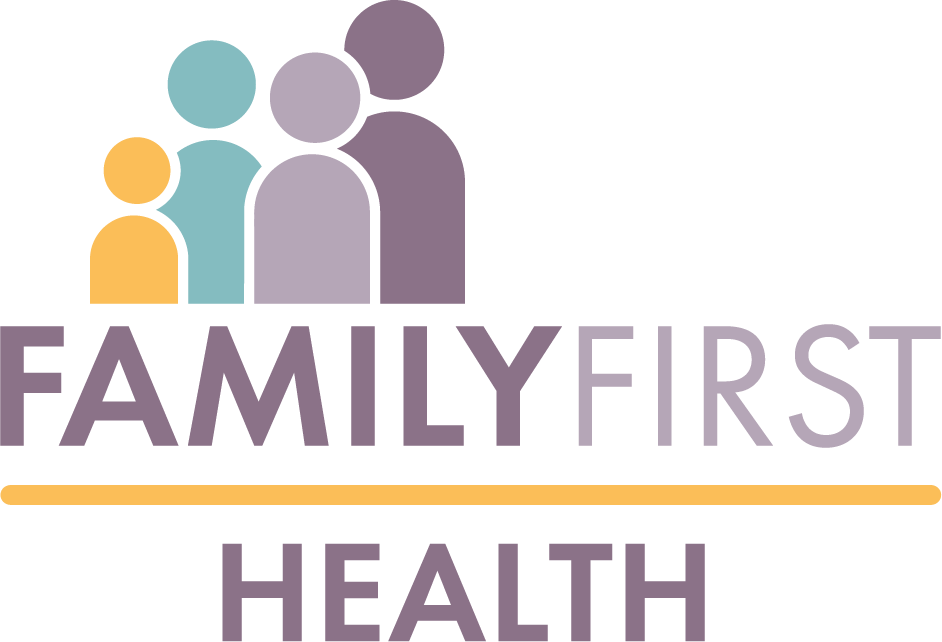When you’re feeling sick, you call your doctor for an appointment and explain what’s going on. Then when your doctor enters, they ask you questions. You answer. And they come up with a plan to make you feel better.
But what if you can’t even tell your doctor what’s wrong? Or even understand the questions you’re being asked. The entire thing becomes a game of hand gestures and misunderstandings. Here at Family First Health, we have a lot of Spanish-speaking staff, but what about the other languages? We use a system where we can call and get a translator on the phone, but then you’re exchanging the phone between patient and translator to doctor, back to patient, back to translator. It can be confusing and it can take up a lot of time – in fact we used on average, more than 2,500 minutes. Plus it’s impersonal.

Our Chief Information Technology Officer Eric Rios reached out to our friends at Welsh Mountain who were using a system called Stratus Video. It’s a video interpretation system and looks like an iPad mounted on top of a stand. Instead of handing the phone off to all of the parties involved where not everyone can hear what’s going on, Stratus works like this …
A patient comes in and uses sign language. So we bring in the Stratus, click the button for American Sign Language, and up pops a real person on the screen. That person then signs to the patient and translates as everyone watches the screen and participates in the conversation. It definitely cuts down on the back and forth, plus it’s a real person you can see.
Family First Health has four machines at our sites now for a 60 day trial. The machine itself is free, and we pay for the minutes we use. So there’s also a cost-saving benefit there as well.
But at the end of the day, it’s about the patient and his or her relationship with Family First Health staff as they work toward better health. The goal, Rios said, is always to “give customers a better overall experience.”
